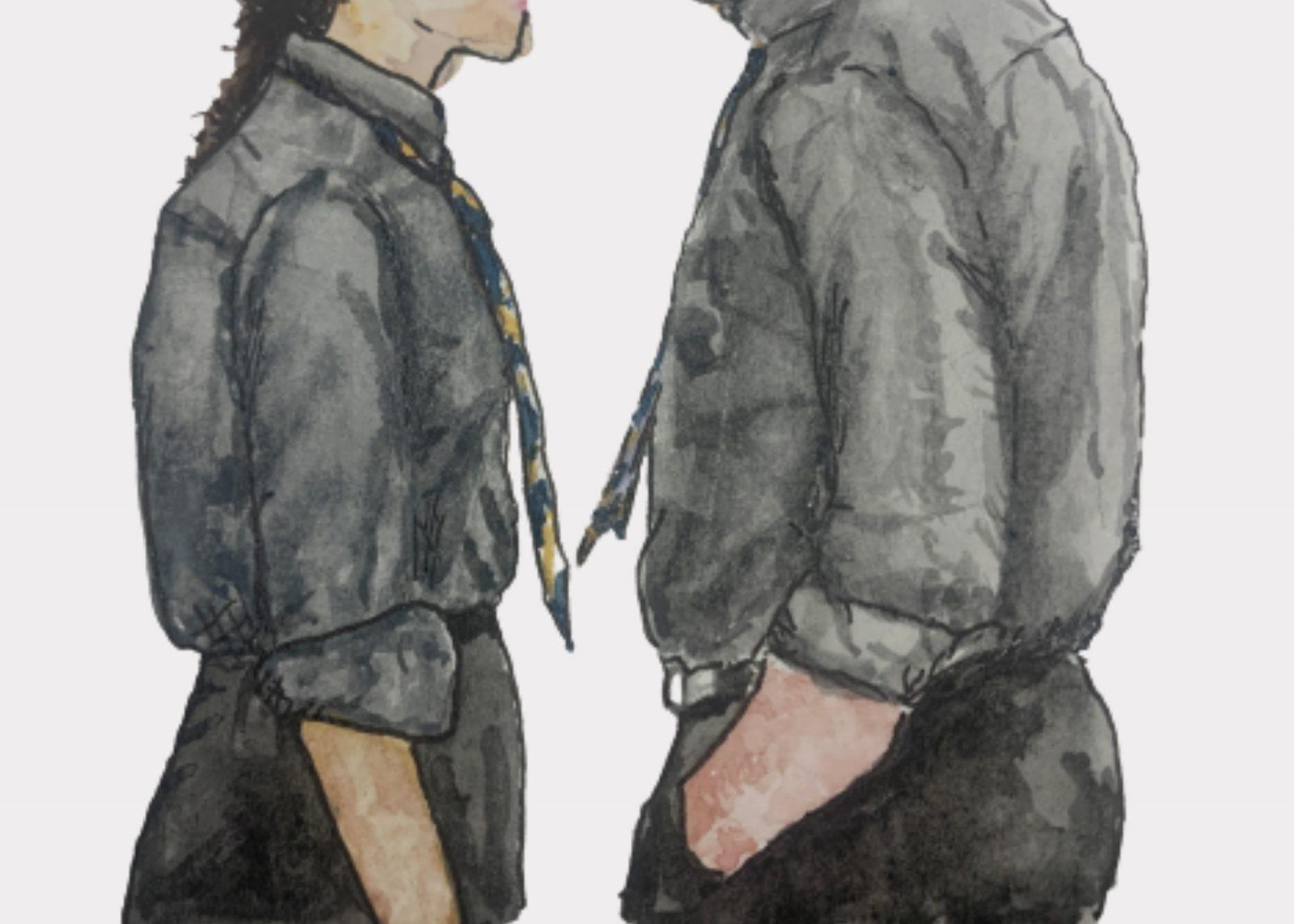I recently finished watching season four of “You,” the hit Netflix psychological thriller. I had mixed feelings about the ending. While the plot twist was shocking and worth the wait, it was also sexist.
The show follows Joe Goldberg, a complex character who spends most of the time inside his head (as proved by his extensive internal monologues) and has a worrying habit of killing people. Since season one, Goldberg has been on a murder spree, imprisoning and killing women he obsesses over.

But season one also brought some criticism, as some viewers thought the show utilized gender violence as entertainment, rather than acknowledging the distressing reality of domestic abuse. Perhaps listening to this critique, season four took a different angle and focused on mental health. Season four’s Goldberg battles with a personality disorder — manifesting in a split personality — which is revealed in the second part of the season.
And yet, while the new angle underscored the struggles of mental disorders, it also did something else — undermined all the sexism accusations.
In the first few chapters of season four, the viewer is encouraged to believe that Goldberg is being framed by the mysterious “Eat the Rich” killer who targets the elite. However, by episode eight, we learn that the killer was actually a dissociating Goldberg all along, hiding behind his alter ego “Rhys” (a politician in the series) to kill.
Goldberg himself was unaware of the killings. He discovers his hand in the murders when he kills real-life Rhys, and another Rhys pops out of nowhere to speak to him — the Rhys inside his mind. Goldberg, as Rhys, also kidnapped Marienne, his season three love interest, after promising her he would not hurt her.
The problem with the series is not the ending itself but the framing of the character as the victim. In season four, Goldberg is portrayed as an almost-sympathetic man struggling with a complicated mental disorder. In doing so, the series portrays Goldberg’s predatory behavior towards women as just another symptom. Joe’s mental health revelation appears more as a cop-out and a way to absolve him of his previous crimes, rather than a genuine attempt to highlight the disorder.
Moreover, season four’s overall treatment of women is also unacceptable. While Marienne is eventually saved by one of Joe’s students, Nadia, she still undergoes extensive psychological suffering in Godlberg’s literal cage. She is haunted by the image of her daughter waiting for her outside, and we see the internal turmoil eating at her as she feels powerless. Later, when Nadia gets too close to the truth, Joe kills her boyfriend and frames Nadia for the murder.
The show makes clear from the start that every woman involved with Joe — Peach, Beck, Love, Gemma, on and on — suffers in one way or another. Their fate is in the hands of Goldberg, and every time they get too close to the truth, they are either killed or punished. The show portrays Goldberg as a killer who hurts women but also as the victim of mental disorders he can’t control — a confusing and paradoxical profile.
And the ending doesn’t make things better. By the end, we see Goldberg exonerated from the killing of his ex-wife Love Quinn with the help of his season four’s love interest Kate Galvin, who has sufficient power to do so thanks to her substantial wealth. Goldberg essentially wins, while the women affected are left to deal with the psychological trauma.
The show clearly wants us to feel empathy for Goldberg’s character. Throughout the series, we are reminded of Goldberg’s difficult childhood and encouraged to view it as the root of his troubled psyche. We even see the character attempting suicide in season four as he becomes overwhelmed by guilt.
But it is one thing to view his past as a factor in shaping who he is and another to feel empathy for a character who systematically tortures and kills women. “You” wants us to concentrate on the character’s pain instead of the pain of his victims.
To make matters worse, Goldberg also never really says sorry, never gets caught and even achieves a traditional “happy ending.”
“You” is an entertaining show, but it focuses too much on encouraging us to see Goldberg — a powerful, conniving, murderous man — as the victim instead of focusing on the real victims: the innocent women killed at his hand.





























































































































